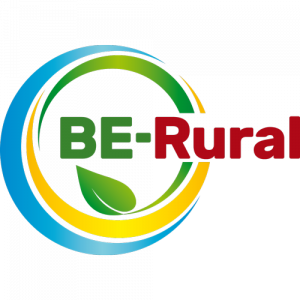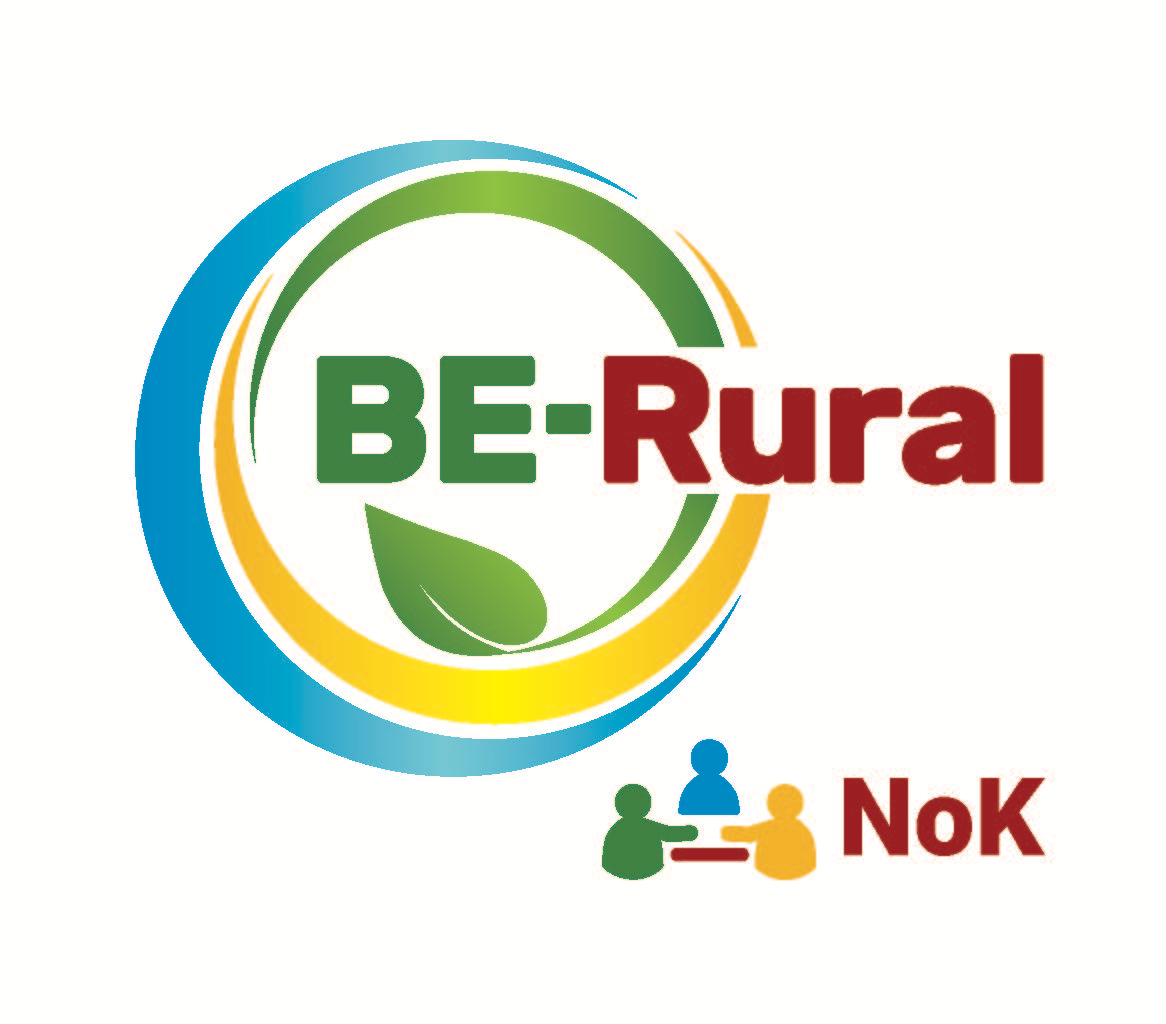BE-Rural created five regional Open Innovation Platforms (OIPs) for the participatory development of bioeconomy strategies and roadmaps. The BE-Rural OIPs are established in five regions across the EU with different biomass potentials and based on the regional Stakeholder Working Groups (SWGs). Within the OIPs, the main task of the SWGs are to formulate concrete strategy or roadmap documents by engaging with different actors and opening the platform for a wide range of stakeholders in the region, including civil society organisations and citizens.
Stara Zagora, Bulgaria: This innovation region focuses on seeking new technologies for the application of essential oils and herbal plants in the cosmetics and pharmaceutical industry. The small-scale production in this area is combined with tourism-related activities to expand the existing business status quo and potential. Ultimately, the region will establish closer relations and network between companies. Regional partner: Bulgarian Industrial Association (BIA)
Vidzeme and Kurzeme, Latvia: This region focuses on the potential of by-products of forest management (i.e. from young forest stand thinning, short rotation coppice and forestry (SRC/SRF) plantations, removing of overgrowth in abandoned agricultural lands and perennial grasses) as a source of bioenergy or biorefinery. The region investigates the value of agroforestry systems of perennial grasses and SRC or SRF trees as grazing areas, and the production of hay or grass seeds. The potential smart use of small timber wood from young forest stand thing will be explored. Regional partner: The Latvian State Forest Research Institute (SILAVA)
Strumica, North Macedonia: The region focuses on the utilization of agricultural residues, specifically the by-production of organic materials from agricultural activities, as a source of energy for domestic and industrial purposes. The region investigates technology options for energy conversion of biomass materials generated on agricultural fields or farms (field-based residues), as well as those generated during the processing of agricultural products (process-based residues). Regional partner: International Centre for Sustainable Development of Energy, Water and Environment Systems (SDEWES-Skopje)
Szczecin Lagoon and Vistula Lagoon, Poland: This region focuses on small-scale fisheries, specifically on the sustainable use of currently underused and low-value fish species located in two lagoons. The region investigates small-scale technology options that can be applied to utilize low-value fish species as products for human consumption. Regional partner: The National Marine Fisheries Research Institute (NMFRI)
Covasna, Romania: The region focuses on addressing fragmented value chains and implementing the circular economy concept within the county’s industrial sectors (i.e. wood and furniture, textiles, agro-food, mechanical engineering, green energy). The region investigates the development potential of underused biomass (plant matter and wood waste) and its implication on societal challenges (e.g., rural unemployment or marginalised communities). This is done within a local development business model based on a small-scale technology option ensuring the autonomous energy supply for civil and industrial needs. Regional partner: Institute for Economic Forecasting (IPE)
The BE-Rural Network of Knowledge (NoK) aims to contribute to identifying and disseminating good practices and to facilitating knowledge sharing across European regions. It is an informal group open to all bioeconomy stakeholders interested in exchanging on experiences about, for example, the elaboration process of bio-based business models, the design and implementation of bioeconomy strategies and roadmaps, or the integration of bioeconomy concepts in academic curricula.The Facebook group “Sustainable Development Goals Network Romania” serves as a platform for discussion and stakeholders are invited to use the #berural hashtag when posting or searching for relevant content.
Each innovation region established the following permanent regional bioeconomy stakeholder panels:
Stara Zagora, Bulgaria
- Darina Zaimova (Trakia University)
- Oleg Stoilov (Bulgarian Chamber of Commerce and Industry)
- Rumyana Grozeva (Regional Economic Development Agency of Stara Zagora)
- Penka Doneva (Municipality of Stara Zagora)
- Lena Lenkova (Industrial Association of Stara Zagora)
- Martin Stoyanov (Bulgarian Industrial Association)
- Iliana Pavlova (Bulgarian Industrial Association)
Vidzeme and Kurzeme, Latvia
- Ilze Silamikele (Latvian Ministry of Agriculture, Forest Department)
- Pauls Revelis (Latvian Forest Certification Council)
- Olga Miezīte (Latvian University of Life Sciences and Technologies, Forestry Department)
- Aiga Grasmane (Forest Owner Cooperative Mezsaimnieks, Latvian Forest Owners’ Association)
- Sniedze Sproģe (Latvian Association of Local and Regional Governments)
- Sandra Bērziņa (Latvian Association of Local and Regional Governments)
Strumica, North Macedonia
- Tomislav Andreev (Municipality of Strumica)
- Panche Bedzovski (Municipality of Strumica)
- Ljupcho Dimov (Municipality of Karposh)
- Natasha Markovska (SDEWES-Skopje)
- Emilija Mihajloska (SDEWES-Skopje)
Covasna, Romania
- Tihamer Sebestyen (Green Energy Innovative Biomass Cluster)
- Boglarka Vajda (Green Energy Innovative Biomass Cluster)
- Maria Gaspar (Agro Food Regional Innovative Cluster)
- Klara Fodor (Agro Food Regional Innovative Cluster)
- Eniko Maytus (Regional Balneological Tourism Cluster)
- Edina Gaszpor (Transylvania Textile & Fashion Cluster)
- Berandett Andrea Raduly (Association of Small and Medium Size Enterprises of Covasna County)
- Carmen Tordai (Constantin Brâncuşi Technological High School, Sfântu Gheorghe)


